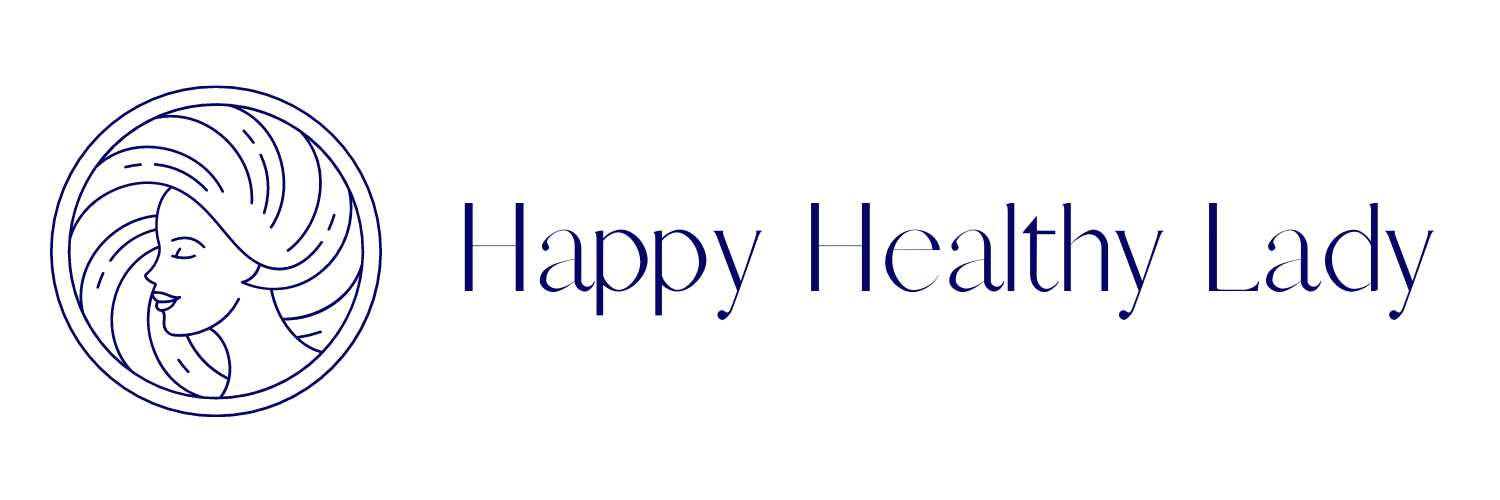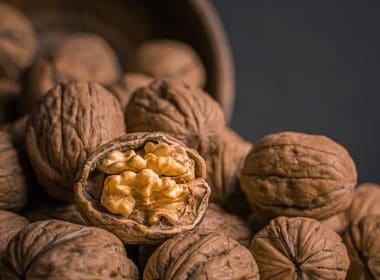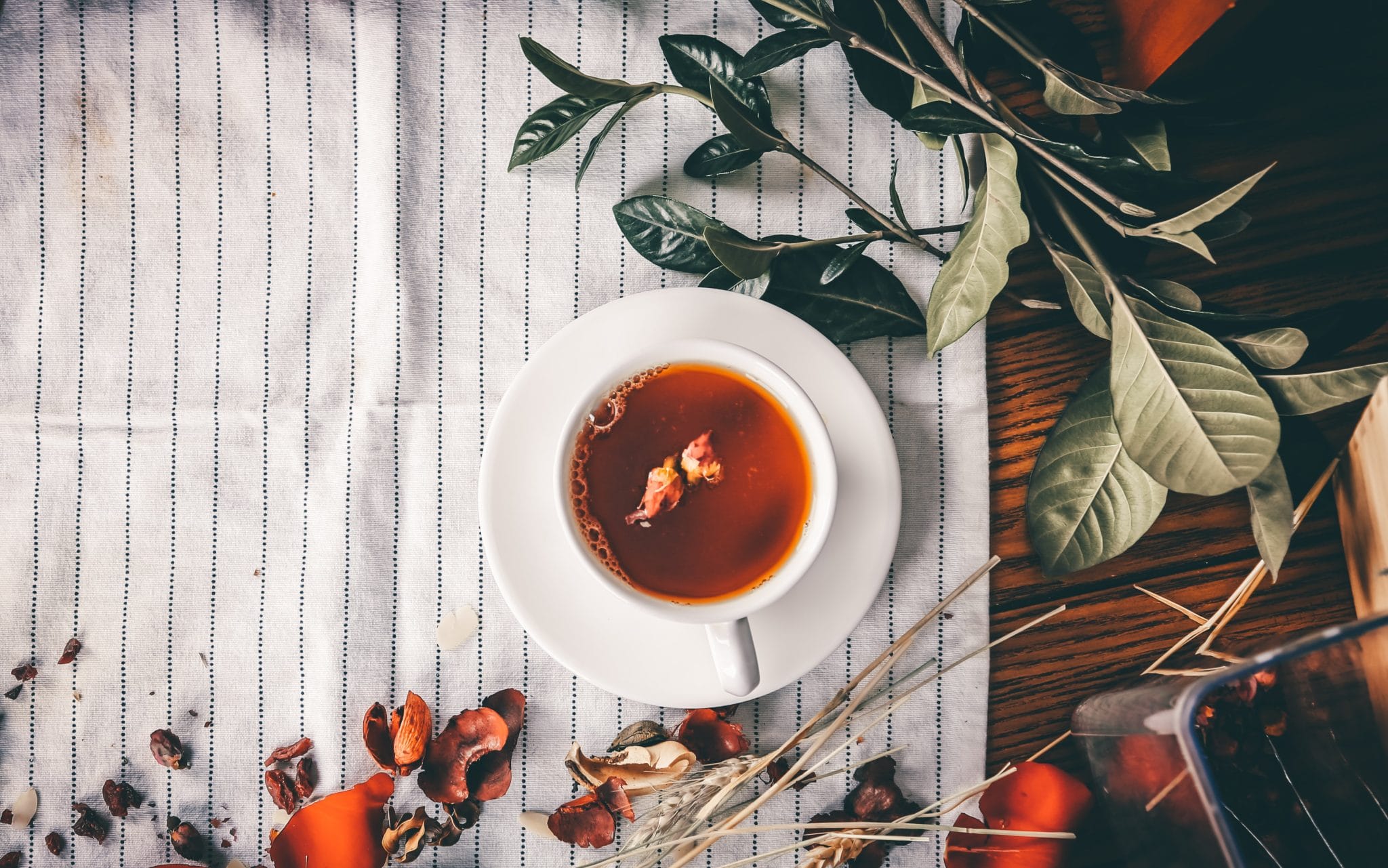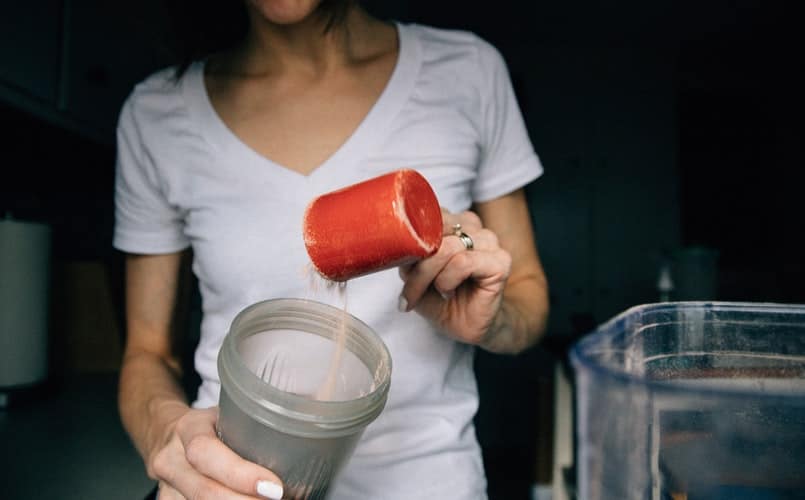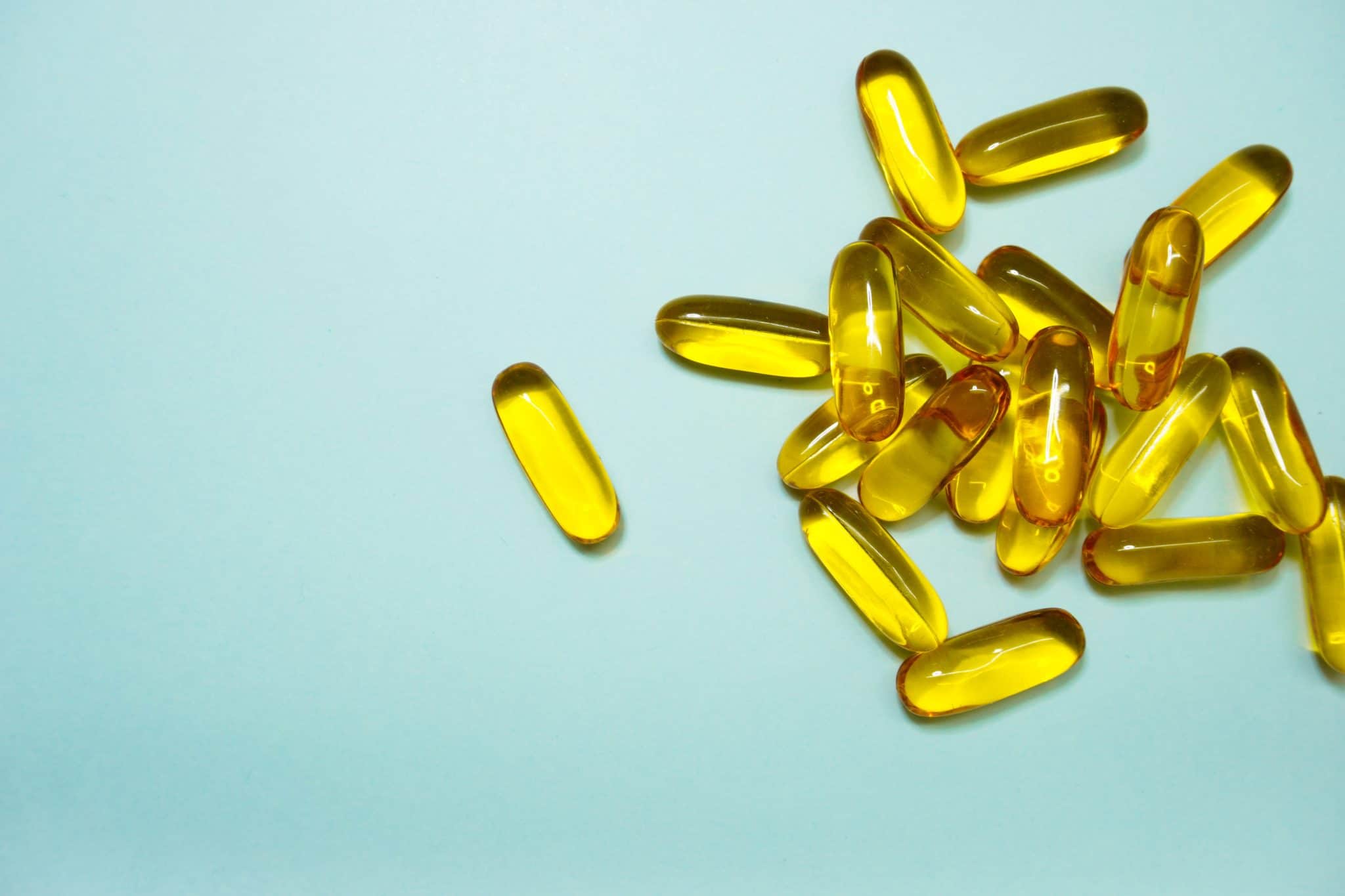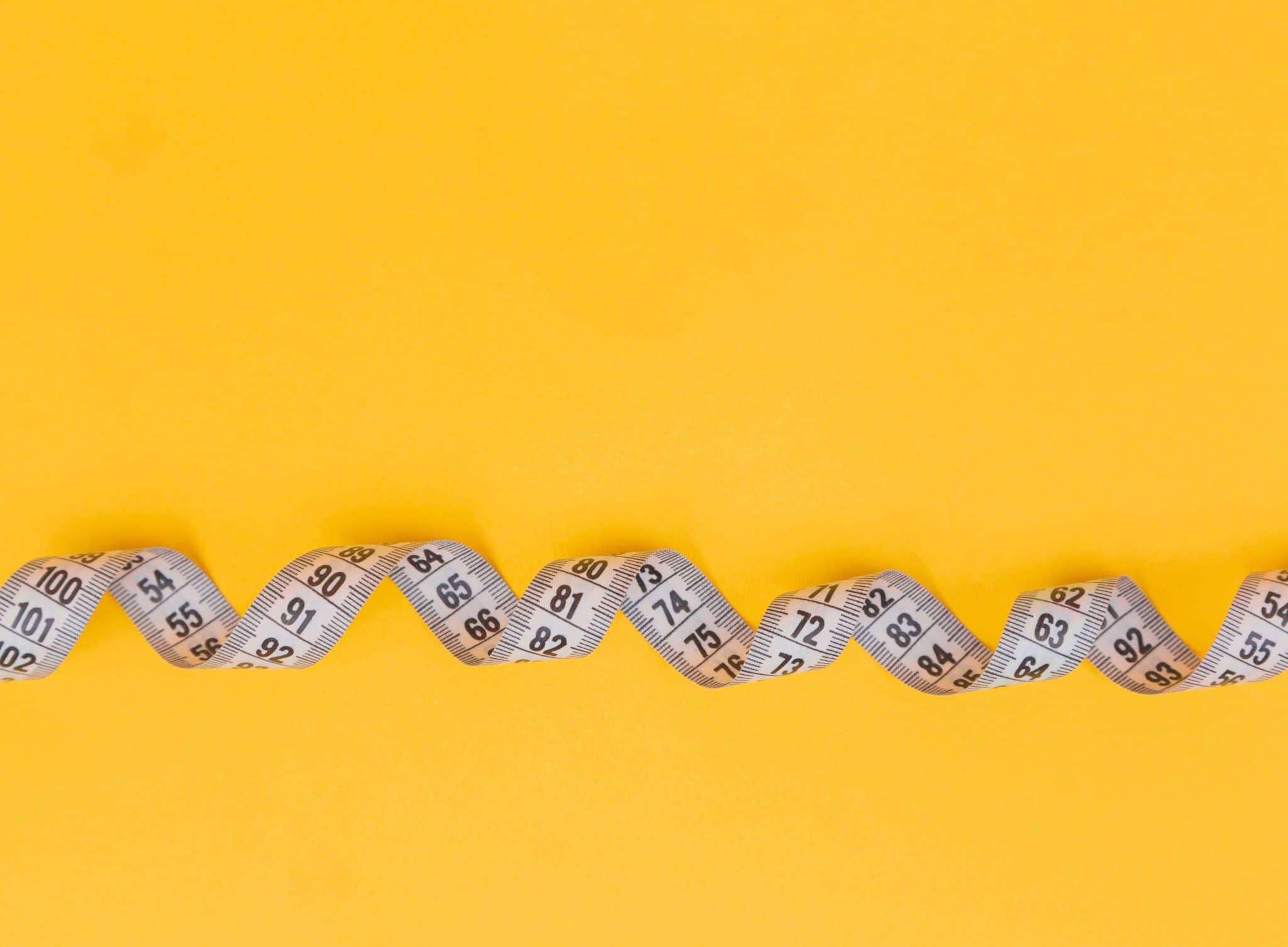If you are going through menopause, it is essential to follow a diet that will help ease your symptoms. In this article we explore the best and worst foods to eat for a menopause diet. We also provide recommendations on how to avoid common dietary pitfalls when it comes to food during menopause.
A diet for menopause should be rich in whole, unprocessed foods. It is essential to eat a balanced and nutritious diet with lots of vegetables, fruits, nuts and seeds as well as lean protein sources such as eggs or tofu. Dairy products are not recommended during menopause because they contain high levels of hormones that can worsen.
When it comes to food, there is never a one-size-fits-all answer. However, some studies suggest that women who consume more protein or omega fatty acids will experience fewer menopausal symptoms than those who don’t. Some experts also promote avoiding sugar as a means of relieving night sweats and hot flushes – but caution is advised against this idea because it could lead to insulin resistance which can cause weight gain around the midsection (a common symptom in perimenopause). “It’s really about finding balance,” says Limon.
Foods you should always include in your Menopause Diet
Turkey
High in protein, zinc and selenium which can be helpful for menopause.
The decline in your oestrogen levels is associated with decreased muscle mass and bone strength, so getting enough protein is key, says Southern. “In women, oestrogen is a ‘builder’, so we need to ensure our body has enough ‘building blocks’ from other sources, and protein acts like this.”
Oily Fish
Healthy fats, such as those found in olive oil, avocado, and oily fish like salmon and trout, should be enjoyed daily. They help to manufacture your hormones and they support your brain, heart, and joint health, says Southern. “Plus, they keep you fuller for longer, so can help reduce sugar cravings,” she says.
Omega 3 fatty acids, found in oily fish and flaxseeds, may help to reduce menopausal symptoms such as hot flushes and the severity of night sweats, says Limon.
Bananas
The potassium in bananas helps relieve muscle cramps and improves mood. Potassium is also important for maintaining a healthy blood pressure level, which can be helpful for women going through menopause who are at risk of hypertension or heart disease. Bananas (potassium) also help alleviate night sweats!
Lentils
High fibre content makes them good for digestion as well as helping with weight loss.
Oatmeal
A high-fiber food that is also rich in B vitamins and antioxidants.
Green Tea
Contains catechins which are linked to improved memory and a decreased risk of dementia. It has anti-inflammatory properties that can assist with digestion and comfort.
Unprocessed Soy
Phytoestrogens are found in many plant foods, but are particularly high in unprocessed soy products, such as edamame beans, tofu and miso. You’ll also find them in chickpeas, kidney beans, ground flaxseed, pomegranate seeds and berries.
Menopause Diet: Foods to avoid!
Worst food choices include alcohol, caffeine drinks such as coffee or soda pop; any processed meats like bacon or ham with nitrates in them (processed meat has been linked to cancer); fried foods loaded with oil; soy products such as soy milk and tofu and also foods like chips and fries or anything with trans-fats; as well as sugary desserts, which can lead to weight gain.
- Sugar
- Caffeine
- Processed meats
- Fried food
- Trans fat dieting! No thanks!
Biscuits
Get away from that biscuit tin girls! Sugar causes your blood sugar levels to shoot up, which of course, has a negative impact on your hormones.
Your body tends to put it’s resources into creating insulin and cortisol to balance your blood sugar as it helps with “survival” – which in turn, can mean the production of hormones like oestrogen and progesterone.
Sugar is a major cause of type II diabetes. It’s also linked to weight gain, high cholesterol levels and heart disease: not good! You’ll notice that it can be found in almost every processed food you eat. That’s because sugar has been added – so watch out for the biscuits!
Blood sugar levels are also linked to hot flushes and night sweats, and if left un-checked, can lead to insulin resistance.
The best way to combat these effects is by keeping your blood sugar levels stable. That’s why it’s important to eat lots of protein, vegetables and fibre-rich foods. Try adding in some nuts or seeds for a healthy dose of omega oils too!
Fried Chicken
Fast food is often packed with saturated fats, which are known contributors to health disease – a condition that women are at greater risk for after menopause.
In order to stay healthy, make sure you’re opting for grilled chicken breast or lean cuts of meat instead.
Processed and red meats are also off the menu – they can lead to high cholesterol which increases your risk of heart disease!
Coffee and Tea
Caffeine can also disrupt hormone levels, as well as being linked to an increase in hot flushes, according to a study published in the journal Menopause .
In order to get your fix of caffeine, opt for green tea instead – it contains less than a quarter the amount!
Tea lovers can also swap their milk and sugar with some skimmed milk or honey.
Alternatively, seek out decaffeinated coffee beans as an alternative way to enjoy your morning cup without any side effects.
Alcohol & Menopause
Generally, alcohol is not linked to menopause symptoms.
However, in some women who are light or moderate drinkers, it may be due to the increase of female hormones that can cause an increased sensitivity to alcohol – which means you might feel drunker than usual after a drink or two!
Also, high levels of alcohol consumption can also increase hot flushes, disrupt sleep and can affect the liver. Therefore, it may be a good idea to avoid alcohol during menopause in order to see if your symptoms improve!
